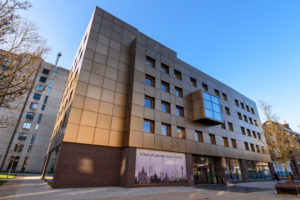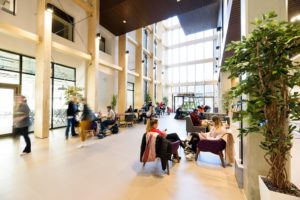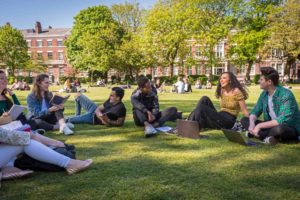How you'll learn
You’ll be taught through a mixture of large group seminars/tutorials, small group workshops, one to one tutorials and research supervision meetings. You’ll also carry out project work and private study.
Teaching is delivered in an interactive, participatory and inclusive way, with extensive support of small group teaching and online learning platforms.
How you're assessed
You’ll be assessed through a variety methods that mirror real-world challenges, giving you the opportunity to showcase your knowledge in ways that matter. Coursework will allow you to dive deep into research, critically analyse complex issues and explore cutting-edge criminology and criminal justice approaches. You’ll also sharpen your communication skills by producing authentic outputs like essays, reports, blogs, and even podcasts. Group presentations and collaborative projects will help you build confidence, leadership and teamwork, while reflective assessments will encourage you to actively engage with your own learning journey. These assessment methods will equip you to confidently articulate your ideas to a range of audiences—whether pitching to government, presenting at conferences, or sharing insights with the public.
Liverpool Hallmarks
We have a distinctive approach to education, the Liverpool Curriculum Framework, which focuses on research-connected teaching, active learning, and authentic assessment to ensure our students graduate as digitally fluent and confident global citizens.
The Liverpool Curriculum framework sets out our distinctive approach to education. Our teaching staff support our students to develop academic knowledge, skills, and understanding alongside our graduate attributes:
- Digital fluency
- Confidence
- Global citizenship
Our curriculum is characterised by the three Liverpool Hallmarks:
- Research-connected teaching
- Active learning
- Authentic assessment
All this is underpinned by our core value of inclusivity and commitment to providing a curriculum that is accessible to all students.









